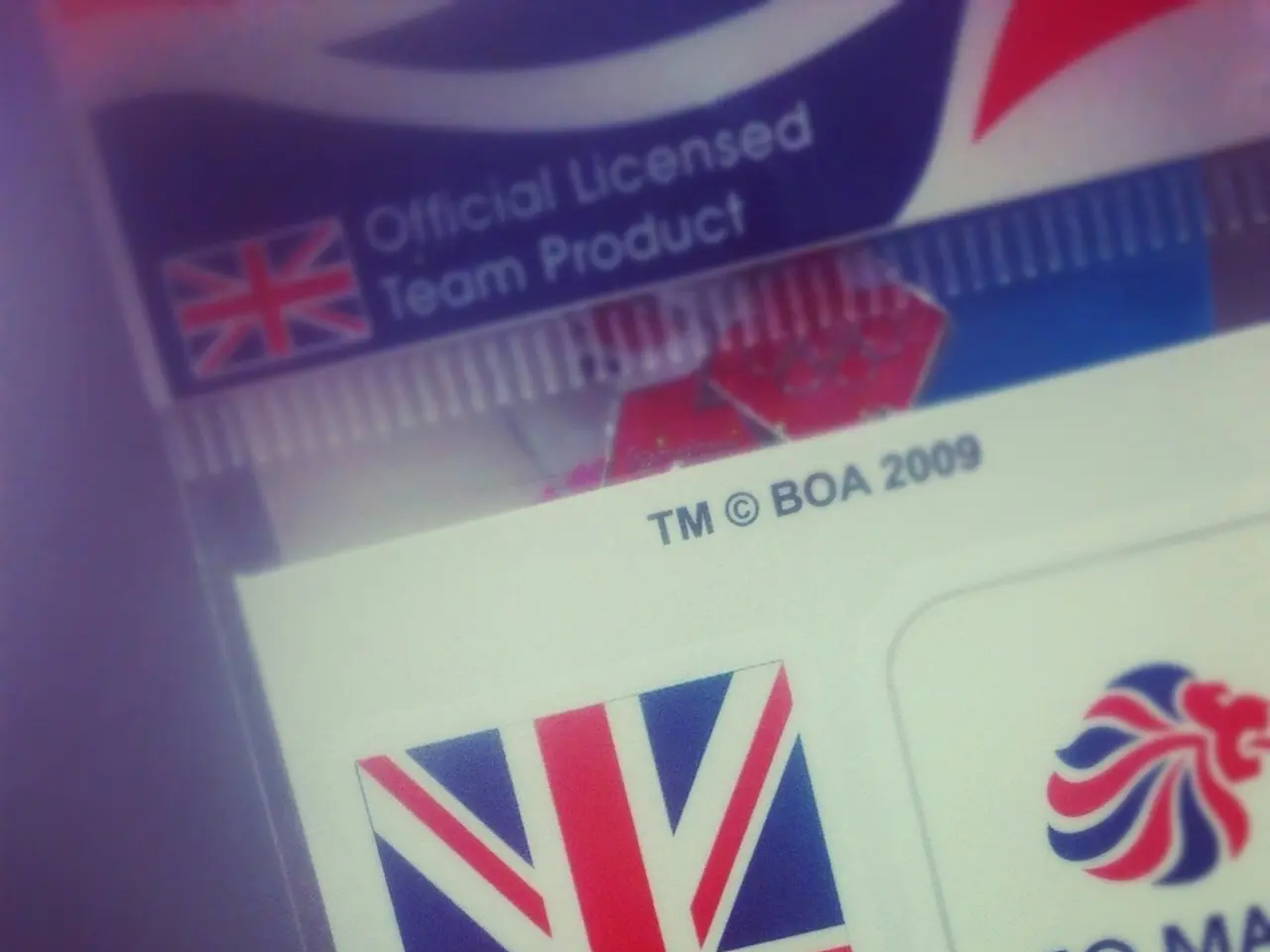ISP Liability Decision Discouraged by Cox from Being Approved by the Supreme Court, Following Fourth Circuit's Decision
In a significant move, Cox Communications, Inc. has filed an opening brief with the U.S. Supreme Court, challenging a Fourth Circuit decision that held the internet service provider (ISP) liable for contributory copyright infringement.
The case stems from a Fourth Circuit decision that affirmed a jury's verdict of contributory infringement against Cox for infringement committed by its subscribers. The Fourth Circuit concluded that knowledge of customer infringement combined with continued service was sufficient to establish contributory liability. However, Cox argues that this conclusion conflicts with Supreme Court precedent in Sony Corp. of America v. Universal City Studios, Inc. and Grokster.
Cox maintains that such a stance counters common law principles and the Court's statements in Twitter that internet or cell service providers do not incur culpability merely for providing their services to the public. The company argues that contributory liability requires purposeful, culpable conduct, and merely continuing to provide internet service after receiving notice does not meet that legal threshold.
The brief underscores the sweeping consequences of the Fourth Circuit's rule, arguing that innocent users could be affected. For instance, "grandma" being thrown off the internet due to a family member's illegal activities. Cox also warns that the ruling sets a dangerous precedent that could effectively turn internet providers into internet police and jeopardize access for millions of innocent users.
Cox argues that it implemented a comprehensive anti-infringement program that successfully reduced infringement across its network. The company relies on cases such as Metro-Goldwyn-Mayer Studios, Inc. v. Grokster, Ltd., Twitter, Inc. v. Taamneh, and Smith & Wesson Brands, Inc. v. Estados Unidos Mexicanos, which emphasize the need for an affirmative act taken with the intent of facilitating wrongdoing.
Moreover, Cox challenges the Fourth Circuit's standard for willfulness, stating that knowledge of customer infringement alone is not sufficient to establish willfulness. Willfulness requires proof that the defendant knew or recklessly disregarded that its own conduct was illegal.
In the brief, Cox notes that no court had recognized a duty to terminate internet service on this basis and that the United States continues to support its view. The company ultimately urges the Supreme Court to reverse the Fourth Circuit's decision, arguing that contributory infringement liability requires affirmative conduct aimed at furthering infringement.
Holding ISPs liable on this basis could mean they could be blamed for various internet misuses, such as bullying, harassment, libel, racketeering, and unlawful gun sales. Cox Communications argues that only Congress can impose a new duty with such staggering consequences on internet services.
As the case progresses, the outcome could have significant implications for ISPs and internet users alike, potentially shaping the future of online responsibility and accountability.
Read also:
- Development of Restaurant Apps: Expenses and Essential Elements
- Time is of the essence
- European transportation's sustainability and competitiveness rely on a "green industrial agreement" that serves the interests of both corporations and residents, as discussed in an Editorial from August 2024.
- Indian Oil Corporation's Panipat Refinery secures India's inaugural ISCC CORSIA accreditation for Sustainable Aviation Fuel production




